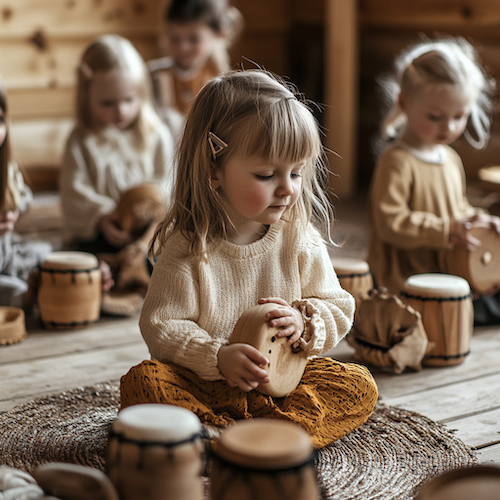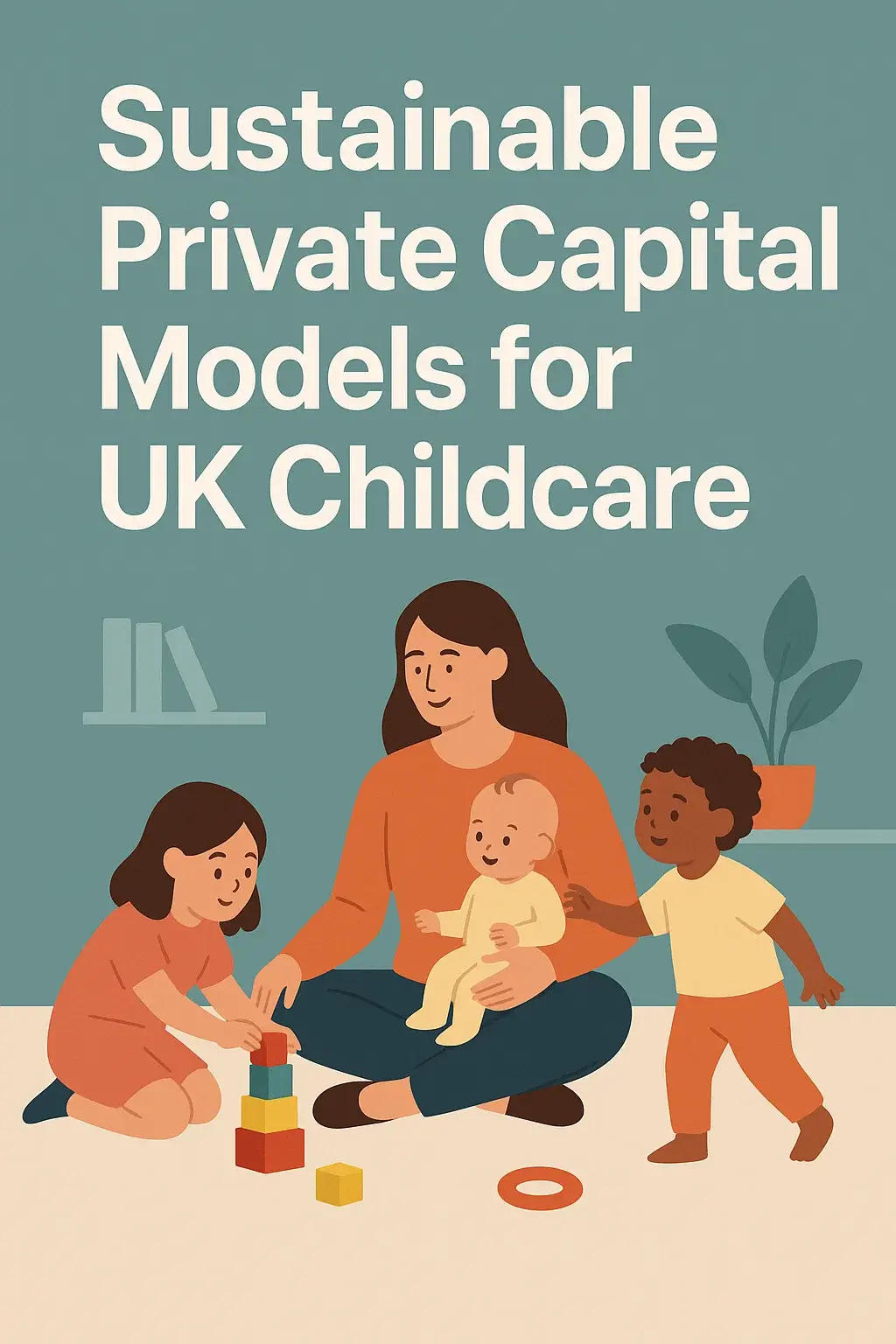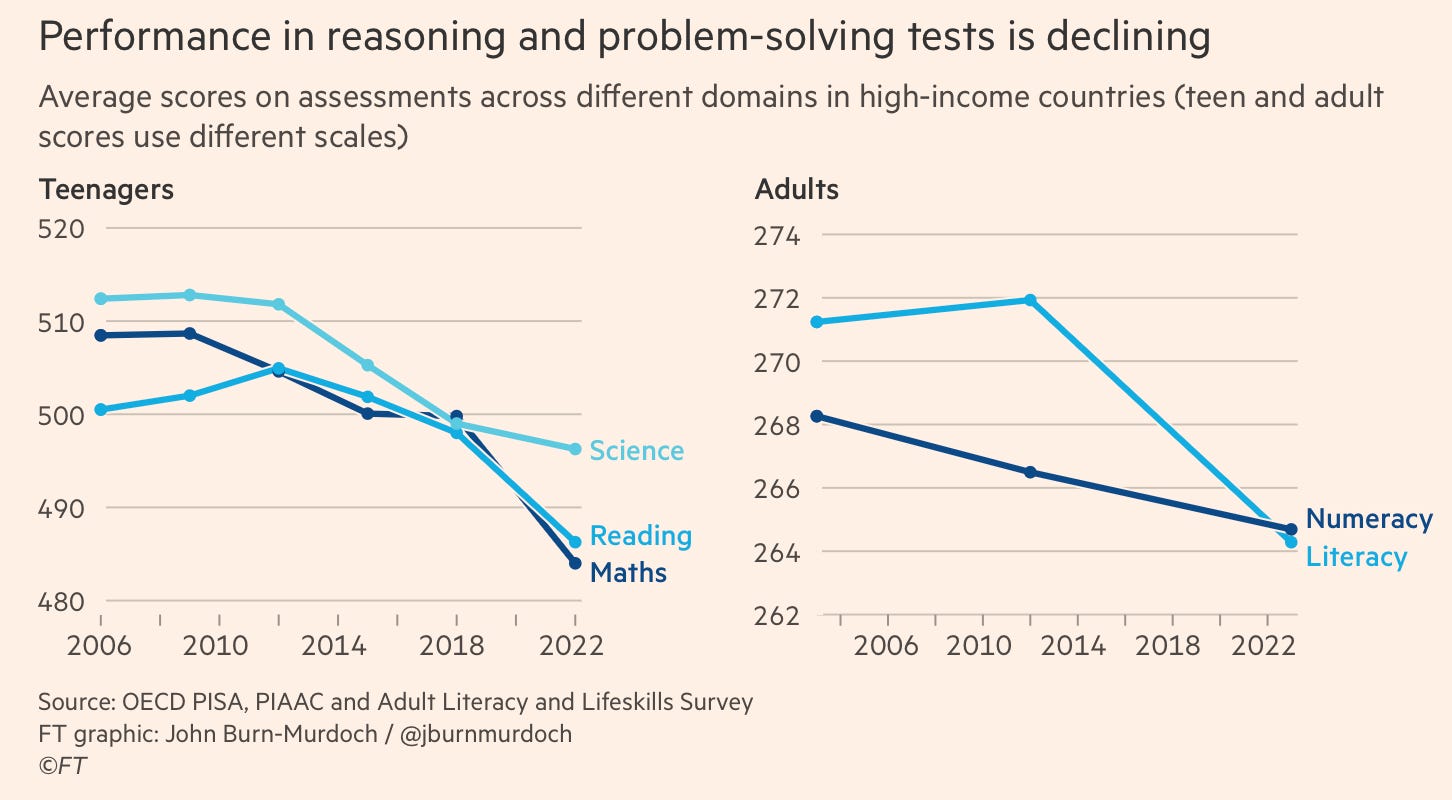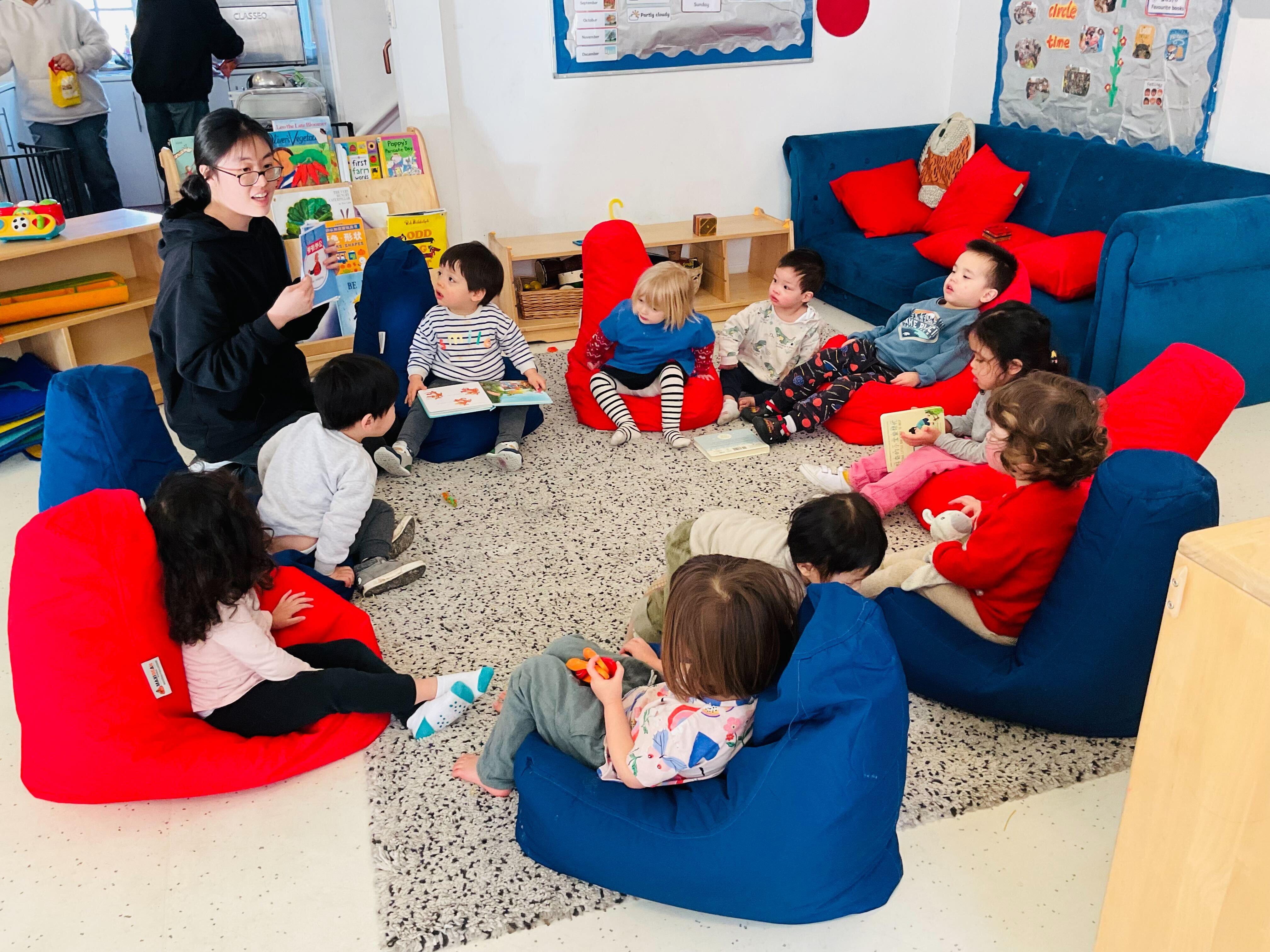A New Kind of Nursery
Purposeful Pedagogy for a Global Future
We believe children are not just learners, they are future leaders, creators and citizens. That’s why our multicultural, multilingual nursery program is designed to build empathy, cultural awareness and communication skills from the very beginning.
The Challenge
As the world becomes more connected, the need for compassionate, adaptable and globally-minded individuals has never been greater. But too often, early years education sticks to outdated approaches.
Reports from the OECD, UK Education Committee, and World Economic Forum agree, we need a new model.
At Hatching Dragons, we’re changing the story. We start early, educate differently, and help children see the world not just as it is, but as it could be.
Language Learning
The Power of Multilingualism
How do we raise children to be creative, empathetic and globally fluent? Through language and culture.
Our multilingual education model offers daily immersion in modern languages, helping children grow in:
- Creative thinking and expression
- Communication confidence
- Cultural understanding
- Focus and memory
- Adaptability and agency
- Critical thinking and reasoning
We don’t just teach language, we use it as a gateway to deeper global learning
Start Early
Brain Science Meets Global Pedagogy
90% of brain development occurs before the age of five, a stage known as the Critical Period.
That’s why we follow the EYFS Statutory Framework and the Birth to Five Matters guidance, a trusted tool for tracking development across seven key areas:
- Communication & Language
- Physical Development
- Personal, Social & Emotional Development
- Literacy
- Mathematics
- Understanding the World
- Expressive Arts & Design
Teaching Values for Life
Character Development
Education is about more than academics, it’s about shaping who we become.
Each month, we focus on a core ethical value, introduced through global cultures. Children explore these values through activities, stories and play that align with universal morals across all cultures.
Monthly Global Focus:
- January – Arctic Peoples
- February – East Asia
- March – Northern Europe
- April – Southern Europe
- May – India & the Subcontinent
- June – Russia & Central Asia
- July – Africa
- August – Australasia
- September – Middle East
- October – North America
- November – South & Central America
- December – Scandinavia
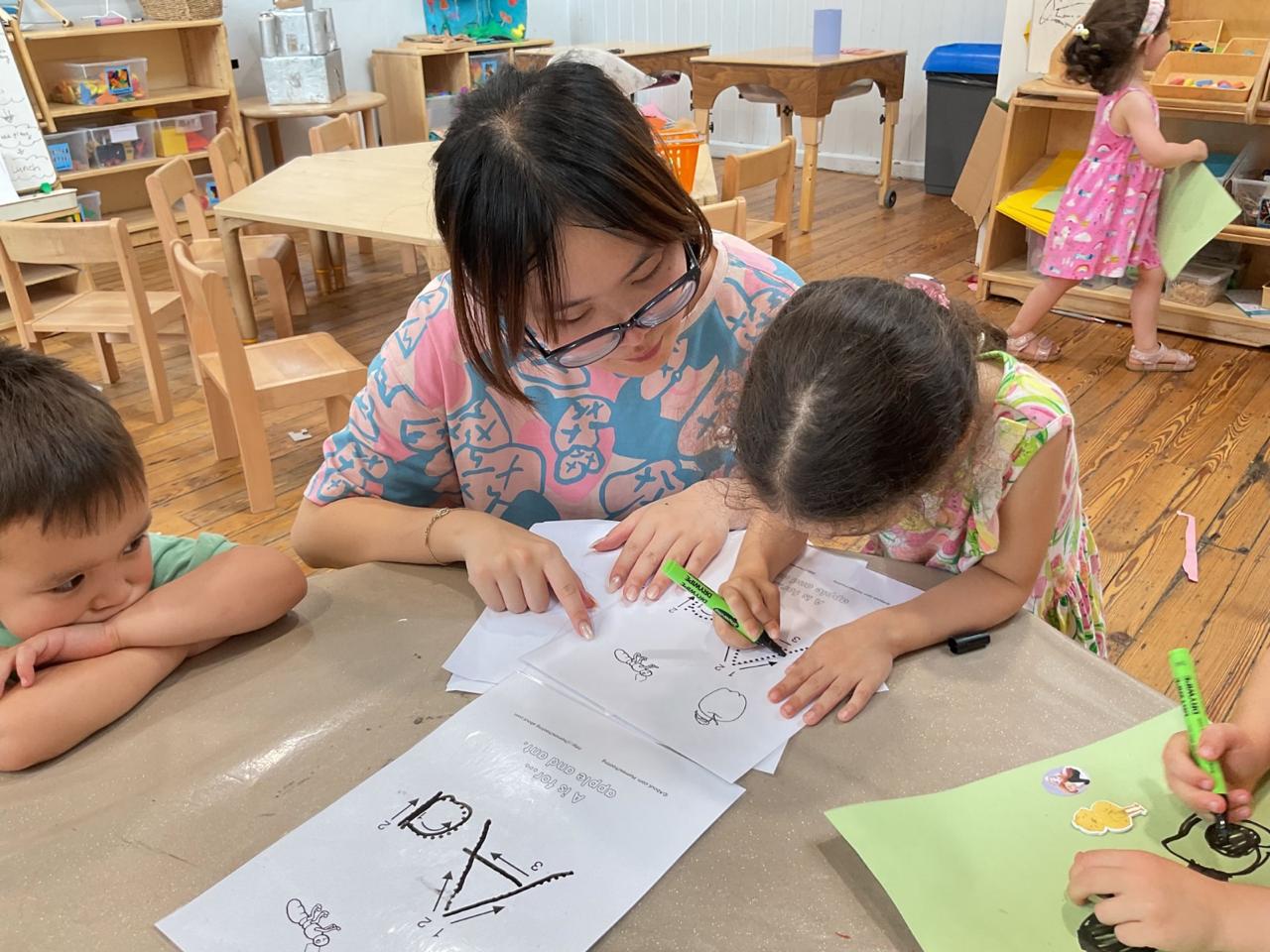
Multicultural Education
Our unique global citizenship education curriculum introduces children to 12 regions of the world. Each month, we explore a country’s:
- People and traditions
- Music, dance and food
- Stories and language
- Animals, landscapes and art
We help children see the beauty in difference, develop cultural capital, and build a lifelong appreciation for the world and its people.
Specialist Teachers
Structured Education Programmes
While Birth to Five Matters gives us a framework to monitor your child’s progress, our global curriculum gives us the content to bring learning to life.
We structure each day around specialist-led programmes in:
- Language & Communication
- Culture & Geography
- Movement & Wellbeing
- Art & Expression
- Science & Nature
Each subject is taught by a dedicated teacher in every nursery.
Learning Modern Languages
Preparing for a Multilingual World
Language is key to connection. Our intercultural approach includes immersive language teaching in Mandarin and other modern languages that support long-term fluency and opportunity.
Early language exposure offers proven benefits in:
- Memory and listening
- Problem-solving
- School readiness
- Emotional intelligence
- Global awareness
We support children in developing language skills confidently, with age-appropriate, engaging methods.
Our Classes & Age Groups
We are fully registered with Ofsted on both the Early Years and Childcare Registers, offering:
- Nursery care (0–5 years)
- Preschool & kindergarten sessions
- Weekend childcare and Saturday school (up to age 12)
- Holiday clubs and seasonal camps
Looking for an early learning centre or a “nursery near me” that aligns with your values? We're here to help. We also support parents with tax-free childcare, childcare funding and more.
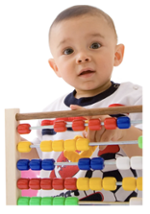
Our Baby Programme
Our baby programme focusses on the 3 prime areas of learning - communication & language; physical development; and personal social and emotional development to ensure the foundations are there for the future
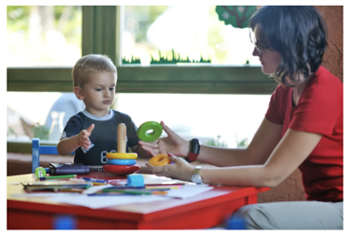
Our Toddler Programme
Our Blue Dragons are our toddler class, children who are only just beginning to stretch their wings and explore the world with their new words and questions about their wider environment and physical and social community...
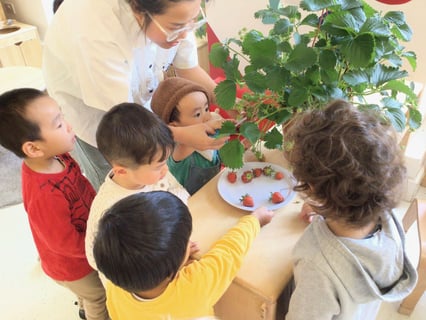
Our Preschool Programme
Our preschool programme focusses on school preparedness - literacy, numeracy and a cultural exploration that touches on all of the different regions of the world, investigating the people, places, plants, animals, objects and activities of a particular region each month
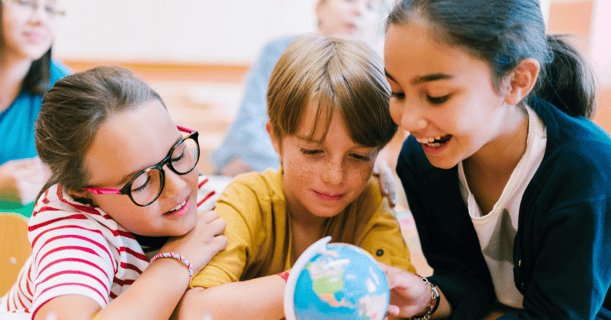
Weekend School Entry
Our weekend schools offer a language enrichment programme that focusses on developing oral fluencies in languages that matter to children's futures, and primary school revision in literacy, numeracy and the arts
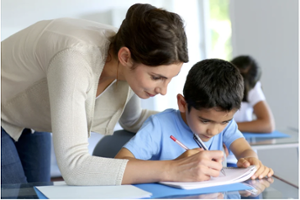
Weekend School Class 1
Our Weekend School class 1 focusses on providing an artistic and creative space for children to apply themselves whilst also allowing our teachers to work, individually with children on KS1 and KS2 primary school revision

Weekend School Class 2
We're really gearing up towards entrance exams and secondary school in our final year group of weekend school - our teachers focus on working with parents to better understand the revision required to get children into their target schools of choice
Cultural Celebrations
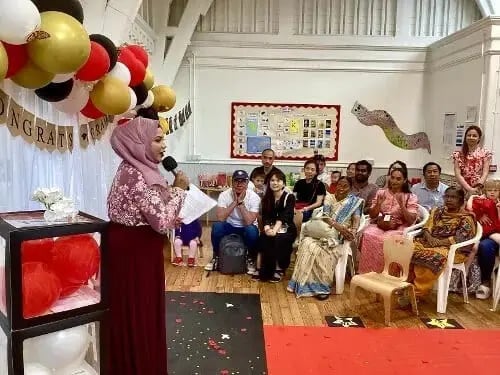
“We love getting invited to the parties. It's a short walk from the office to see our children show case their cultural knowledge they've acquired over the month... ”
Alistair
Canada Water Parent
Insights, Ideas & Family Resources
Explore our blog for updates, parenting tips, curriculum insights and early years guidance.
- Aug 5, 2025 6:18:35 PM
- Mar 17, 2025 6:25:37 AM
- Mar 12, 2025 1:58:26 PM
- Dec 22, 2024 9:14:54 AM




